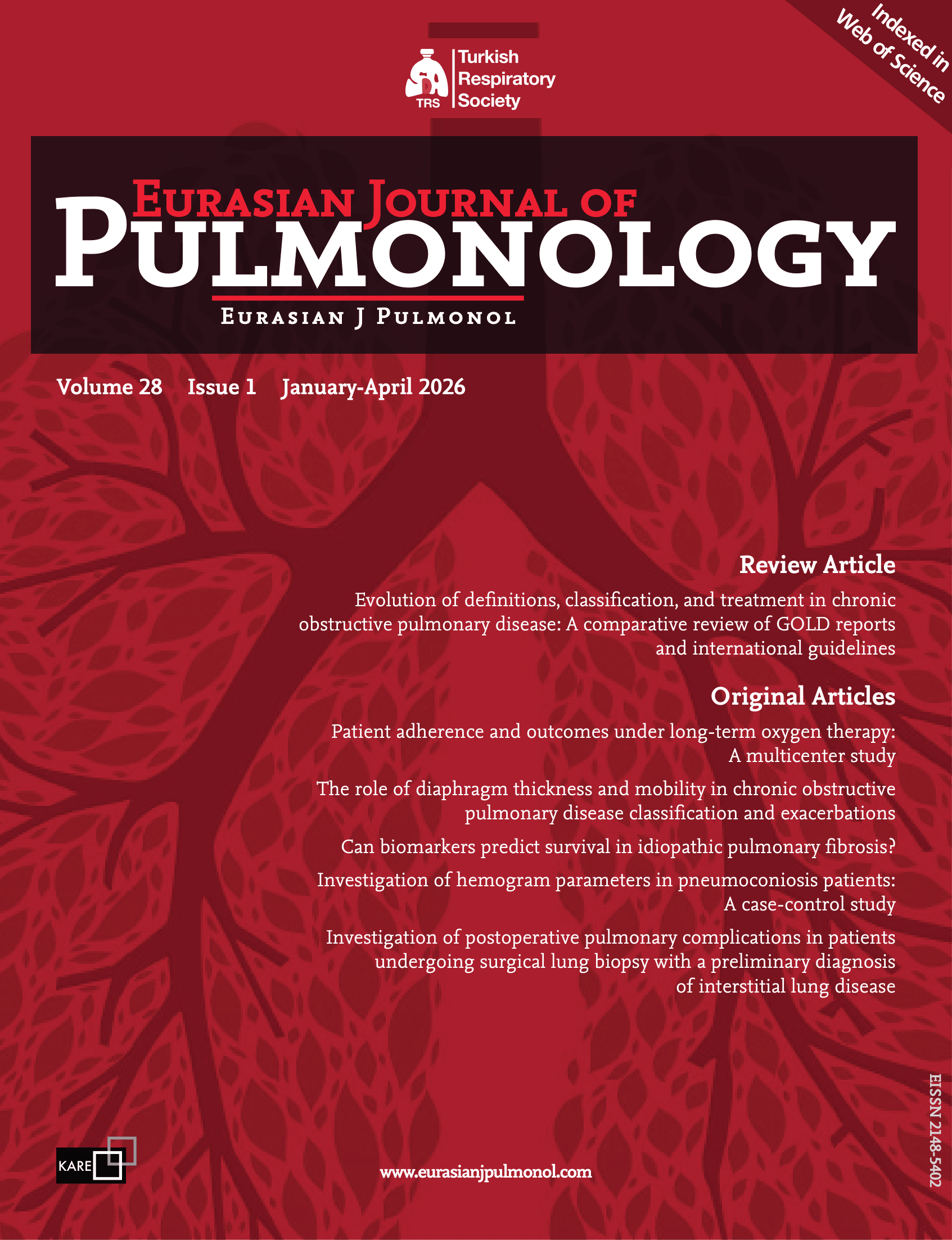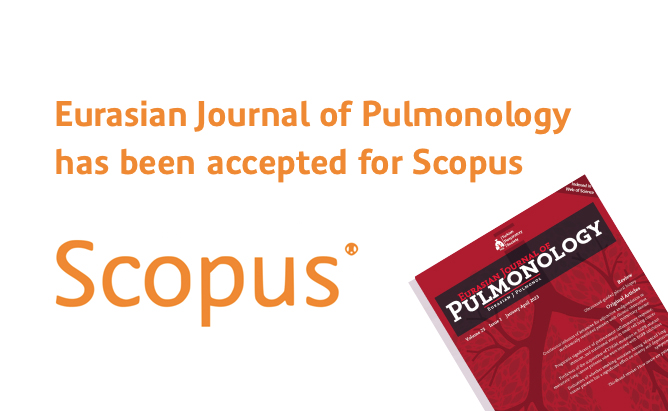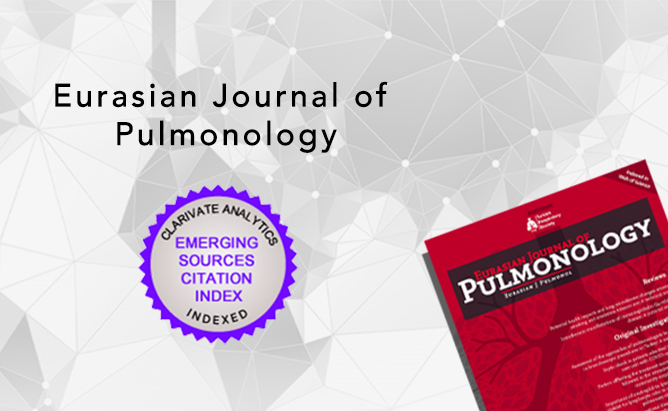2Department of Chest Diseases, Aiat Chest Hospital, Giza, Egypt
Abstract
BACKGROUND AND AIM: The major objective of management of acute exacerbation of chronic obstructive pulmonary disease (AECOPD) is the identification of pathogen. In the early treatment of patients with AECOPD, empirical antibiotic selection is very important for patient recovery. The aim of this study is to recognize the contribution of microorganisms resistant to conventional antibiotics therapy (MRCT) in hospitalized patients with severe AECOPD and to identify the risk factors and clinical characteristics associated with infection by these microorganisms.
MATERIALS AND METHODS: This cross-sectional study was conducted on 100 patients with AECOPD. The total and differential leukocyte count, spirometric-indices, sputum gram stain, semi-quantitative sputum culture using the colony-forming unit, and assessment of the susceptibility of the isolated bacterial species to 25 antibiotics by disc-diffusion methods were done for all patients.
RESULTS: MRCT was isolated in 57% of the studied patients. The most common isolated MRCT species were Klebsiella (50.8%), Pseudomonas (15.8%), Escherichia coli (10.5%), methicillin-resistant Staphylococcus aureus (MRSA) (8.8%), Acinetobacter (8.8%), Citrobacter (3.5%), and Enterobacter (1.8%) which were significantly resistant to amoxicillin/clavulanate, piperacillin/tazobactam, azithromycin, erythromycin, tetracycline, doxycycline, clindamycin, and penicillin/sulbactam (P < 0.05). AECOPD patients with MRCT have significantly lower spirometric indices and eosinophil than those with microorganisms sensitive to conventional antibiotics therapy (MSCT). Increased chronic obstructive pulmonary disease (COPD) severity, presence of comorbidities, male sex, age/year, higher smoking package/year, and total leukocyte count cm3 were the predictive risk factors of infections with MRCT.
CONCLUSIONS: MRCT was predominant among AECOPD patients, among them Klebsiella, Pseudomonas, and MRSA were the most common isolated species. Higher COPD severity and presence of comorbidities were the most significant risk factors for infections with MRCT in patients with AECOPD. Increased COPD severity had 2.571 folds increased risk for MRCT infection among AECOPD by odd ratio.




 Manal R Hafez1
Manal R Hafez1 




